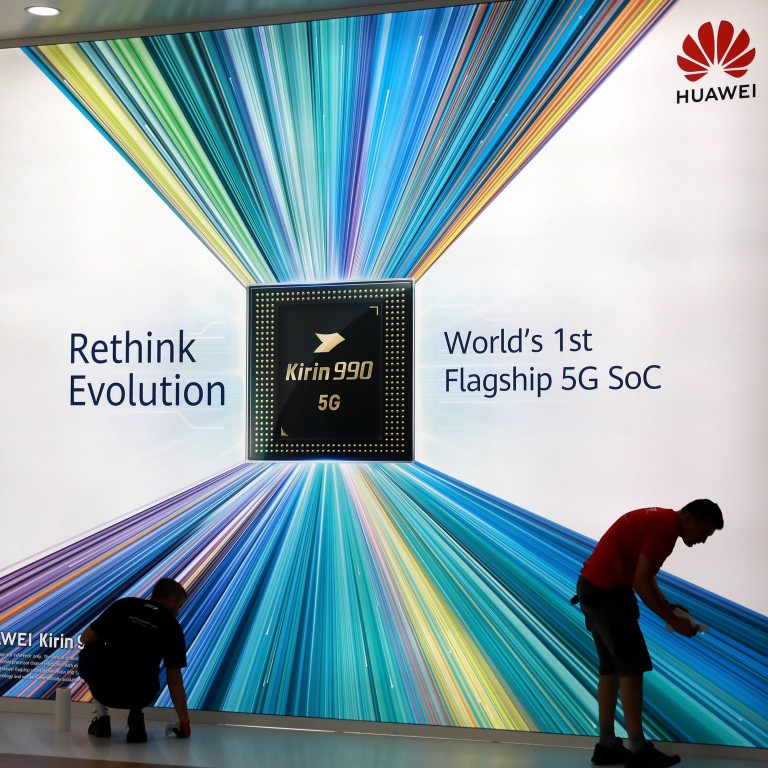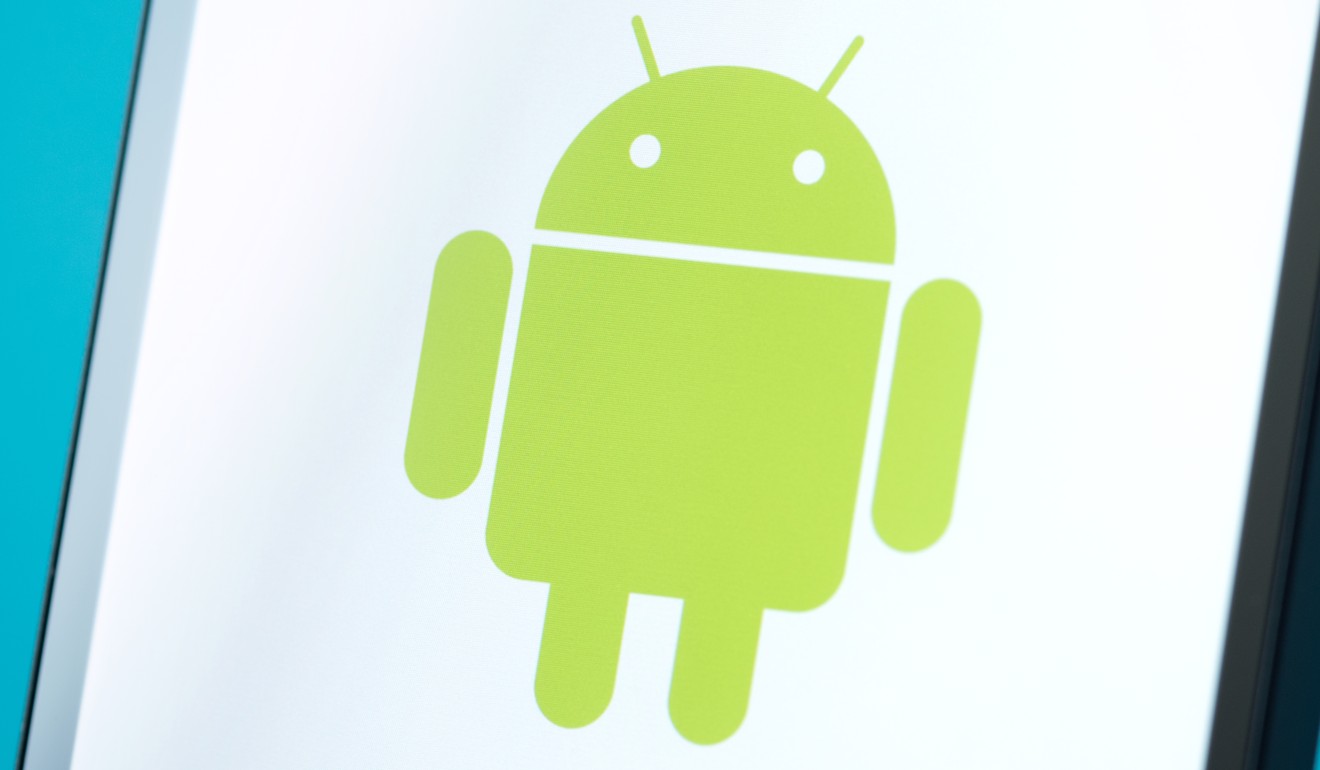
Trade war between US and China follows Huawei to Africa
- Washington’s ‘entity list’ trade restrictions are starting to hurt tech giant’s sales
Huawei’s African markets may be the latest casualty in the trade war between the United States and China, with falls in the technology giant’s smartphone market share on the continent.
By putting Huawei on its list, the US has prevented the company from buying parts or technology from American firms without Washington’s approval, although Huawei has been granted two 90-day grace periods this year.
According to International Data Corporation, Huawei’s share of the smartphone market fell to 8.7 per cent in the period, from 11.8 per cent in the previous three months.
.
Huawei’s competitors such as China’s Transsion – which trades in Africa under the Tecno, Itel and Infinix brands – and South Korea’s Samsung, increased their market share in the period to 37.4 per cent and 27.4 per cent respectively.
While the pace of 5G roll-out across Africa is glacial, Huawei serves more than half the continent with 4G and has built a presence in 40 of the 54 states since it first arrived in Kenya in 1998.
Caught in trade war, Huawei may seize 90-day US trade reprieve to plan next moves
George Mbuthia, an analyst at IDC East Africa, said the US ban created uncertainty for Huawei and distributors had reduced their purchases.
He said Huawei’s most popular Y-series smartphone models faced steep competition from the launch of Samsung’s A series and the Tecno Camon 11 and Spark 3 series.
In May, Huawei’s trade war troubles worsened when Google fell in line with the US government by restricting the phone maker from using its version of the Android operating system.
Subsequently, US chip makers such as Intel, Qualcomm, Xilinx and Broadcom said they would stop supplying Huawei.
In June, the Chinese giant signed an agreement to strengthen its cooperation with the African Union. Last month, Huawei protested to The Wall Street Journal after the newspaper claimed it helped the governments of Uganda and Zambia to spy on political opponents, allegations Huawei denied.
Peter Wanyonyi, a technology analyst in New Zealand, said the US ban keeping Huawei from Android services such as the Google Play Store and Gmail would have played a part in denting consumer confidence in the brand.
“A smartphone is only as good as its apps, and a smartphone without access to its host platform app store is akin to a car that can never access a service bay for its engine,” Wanyonyi said.
He said Huawei smartphones had always drawn customers because of their comparative affordability, and “they deliver good performance and excellent aesthetics at a price that’s far lower than the premium prices charged by Samsung and Apple for their devices”.
Wanyonyi said Huawei would struggle in the short to medium term as consumer confidence in its devices fell with every blow in the trade war.
Huawei denies helping governments spy on political opponents
Also, he said, it would be some time before Huawei released the Harmony operating system, its Android replacement. It would be longer still before Harmony won over the app developer base needed to drive adoption at significant rates.
“For the immediate future, therefore, absent a US-China trade agreement, Huawei devices will continue losing market share,” Wanyonyi said.
In August, Huawei was given a second 90-day reprieve by Washington, allowing it to continue to do business with US firms. That means that Huawei’s Android devices will be supported until November 19.
But the extension does not cover new or future devices, including the Mate 30, which will not have a licensed version of Android or any of Google’s apps.
Huawei executives at the Kenyan office in Nairobi declined to comment.


